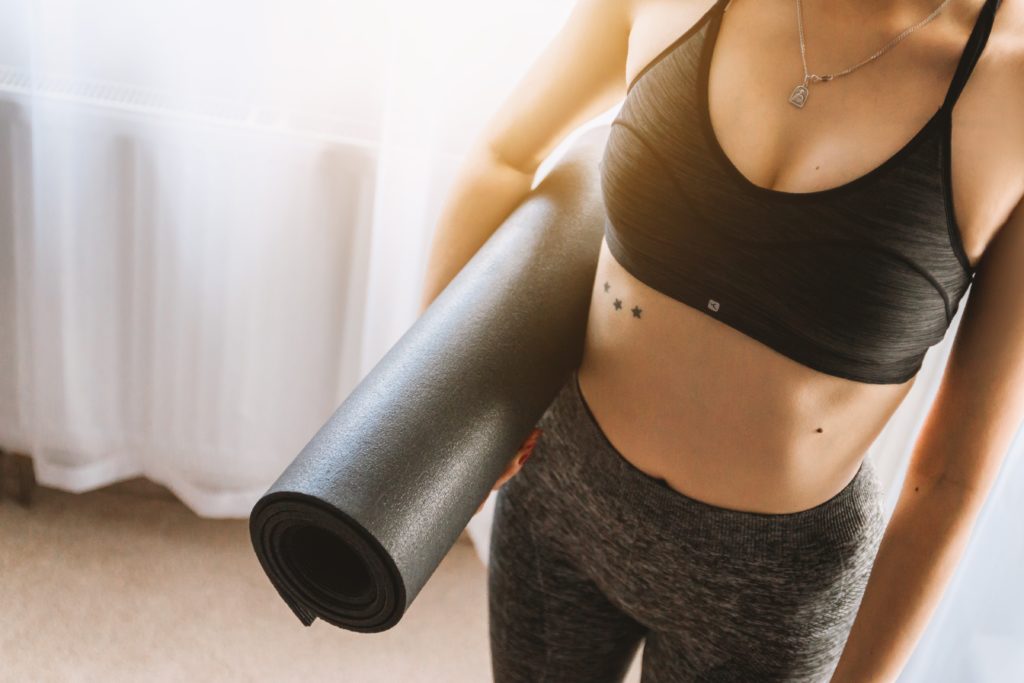Your Options to Treat Urinary Stress Incontinence

Worried about all that bouncing in Zumba class? Does a sudden sneeze translate to change of pants? Urinary stress incontinence, when the bladder-supporting muscles and tissues fail to hold in urine, is the most common cause type of incontinence for women under the age of 60 and affects at least 15 percent of adult women. Still, like many medical problems because not all women report the issue, those numbers may be higher.
What causes it?
Urinary stress incontinence occurs when some sort of movement places stress on a full bladder and urine leaks. Those activities can include: exercise, sex, sneeze, laughter, heavy lifting and even standing up suddenly.
While childbirth is the main causes of this condition, aging, obesity, some diseases and certain surgeries can also cause nerve and muscle damage in the pelvic region.
How to stop the flow
Fortunately, women don’t have to live life avoiding exercise and laughter. There are many options for urinary stress incontinence treatment.
- Making lifestyle changes. Adding Kegels into your daily routine and watching fluid consumption can help curtail involuntary urine leakage. Kegels, which help strengthen the pelvic floor muscles and urinary sphincter, can be done anywhere at any time. Some doctors recommend avoiding caffeine or alcoholic beverages. Also limiting fluids before certain activities or at specific times of the day may help.
- Getting healthy. Quitting smoking, losing weight or treating a chronic cough are other lifestyle changes that can improve the symptoms of this embarrassing and inconvenient condition.
- Nonsurgical treatment. This innovative, virtually pain-free treatment uses a laser to break down collagen in the area surrounding the urethra. The result? The lax area around the vagina will be tightened up, reducing the occurrence of urine leakage, all without surgery.
- Bladder sling. The most common type of urinary incontinence treatment, this involves the insertion of a net-like device. The surgery has a high success rate and requires minimum recovery time. The entire procedure only takes between 10 to 30 minutes.
There’s no need to suffer from urinary stress incontinence. Call Dr. Ghozland at 310.299.7143 to schedule a consultation and learn more about your options.
